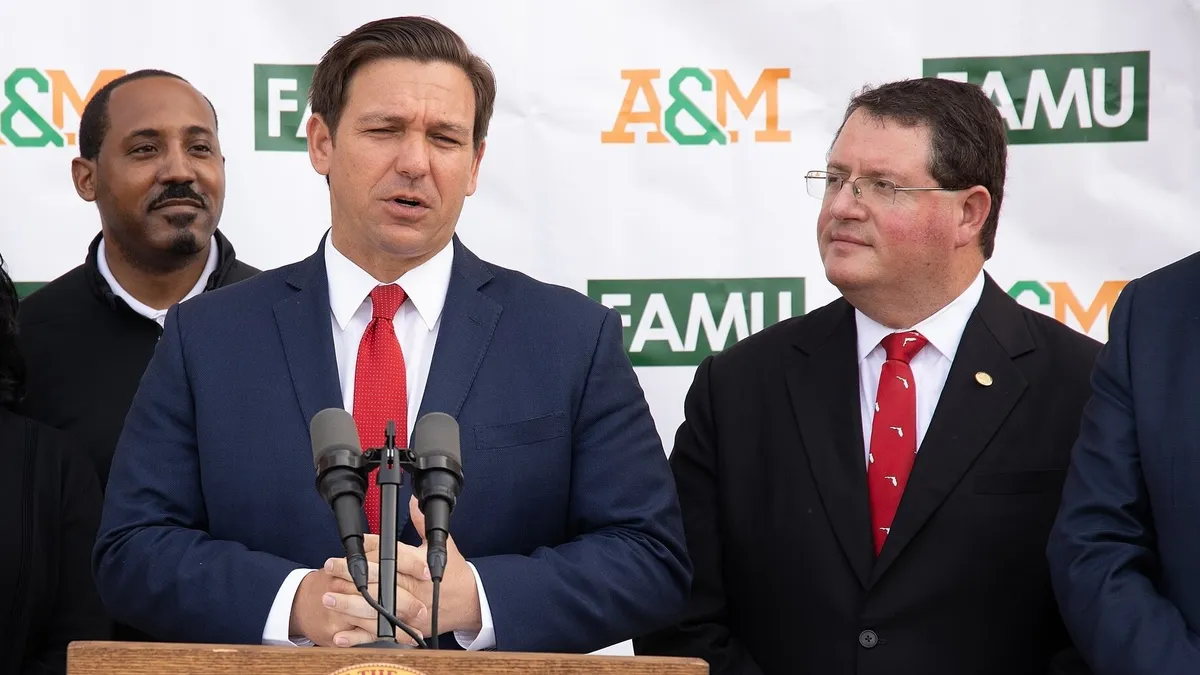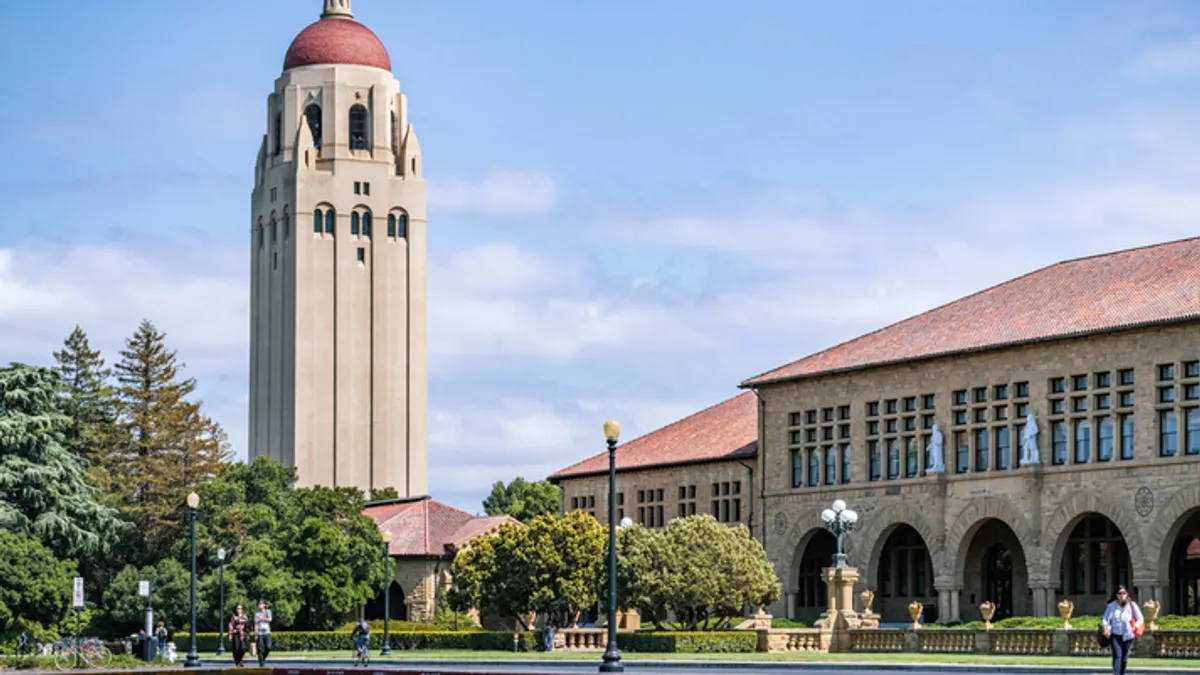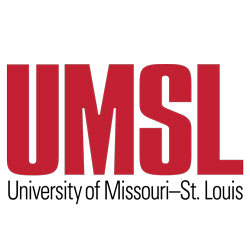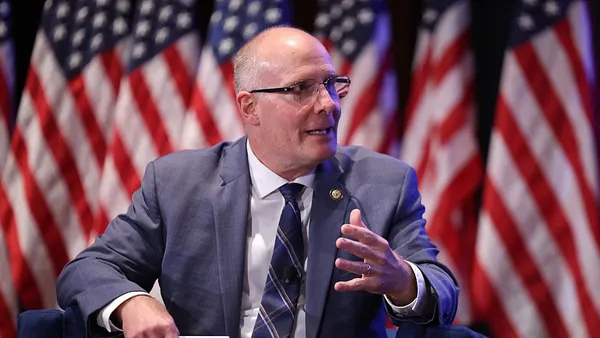Dive Brief:
- A Florida state senator introduced a bill Tuesday that would bar undocumented students from attending any state public colleges with an acceptance rate below 85%.
- Republican state Sen. Randy Fine's proposal would therefore block undocumented students from attending Florida's 12 public universities, including the University of Central Florida, the University of Florida and Florida International University. If passed, the ban would take effect July 1.
- The news comes a day after Gov. Ron DeSantis called a special legislative session starting Jan. 27 — a week after Donald Trump begins his second term — aimed at helping the new president implement the tough immigration policies he has promised.
Dive Insight:
Fine is among the Florida lawmakers who have taken a strong stance against immigration. He also introduced a bill last month to reverse a state law that allows certain undocumented students to pay in-state tuition at Florida’s public colleges.
The Republican-controlled Florida Legislature passed the law in 2014.
This type of legislation isn’t unique. As of June, half of all states and Washington, D.C., allowed certain undocumented students to pay in-state tuition rates at public institutions, according to the National Immigration Law Center.
Fine’s new proposal Tuesday also included language to strike this allowance.
It's unclear how big of an impact Fine's bills would have on Florida’s higher education sector. One report estimated about 40,000 undocumented students attended the state’s colleges in 2021. But a majority of the 28 institutions in the Florida College System are open enrollment and accept all students who apply, which would exempt them from Fine’s proposed enrollment ban.
The senator's push lines up with DeSantis' decision to drill down on anti-immigration policies just days before Trump is set to take office.
"We’ve endured four years of irresponsible policies from the Biden administration," DeSantis said on social media Wednesday. "The people soundly rejected those policies in November."
DeSantis listed Fine's in-state tuition proposal as one of the bills he is prioritizing for the special legislative session. The move to hold the session, however, has received mixed reactions from his GOP peers.
Fine's slate of anti-immigration proposals also comes as he is vying for a transition to national politics.
The Republican is running in a special election for the congressional seat vacated by Trump's selection of Rep. Mike Waltz as national security adviser. Fine is favored to win, as the Trump-endorsed candidate in a historically Republican district.
Although DeSantis and Fine have similarly focused on anti-immigration legislation and flaunted their affiliations with Trump, they have clashed publicly.
Fine shifted his support to Trump over DeSantis during the latter's short-lived presidential bid, and the pair have since traded jabs.
This week, however, Fine appeared to set aside those differences to pass his proposal pulling back in-state tuition for undocumented students.
"I am excited that as I prepare to leave the Legislature for Congress, we will be able to work together to get this done," Fine said Monday.
Fine announced his resignation from the Florida Senate in November, and his last day will be March 31.















